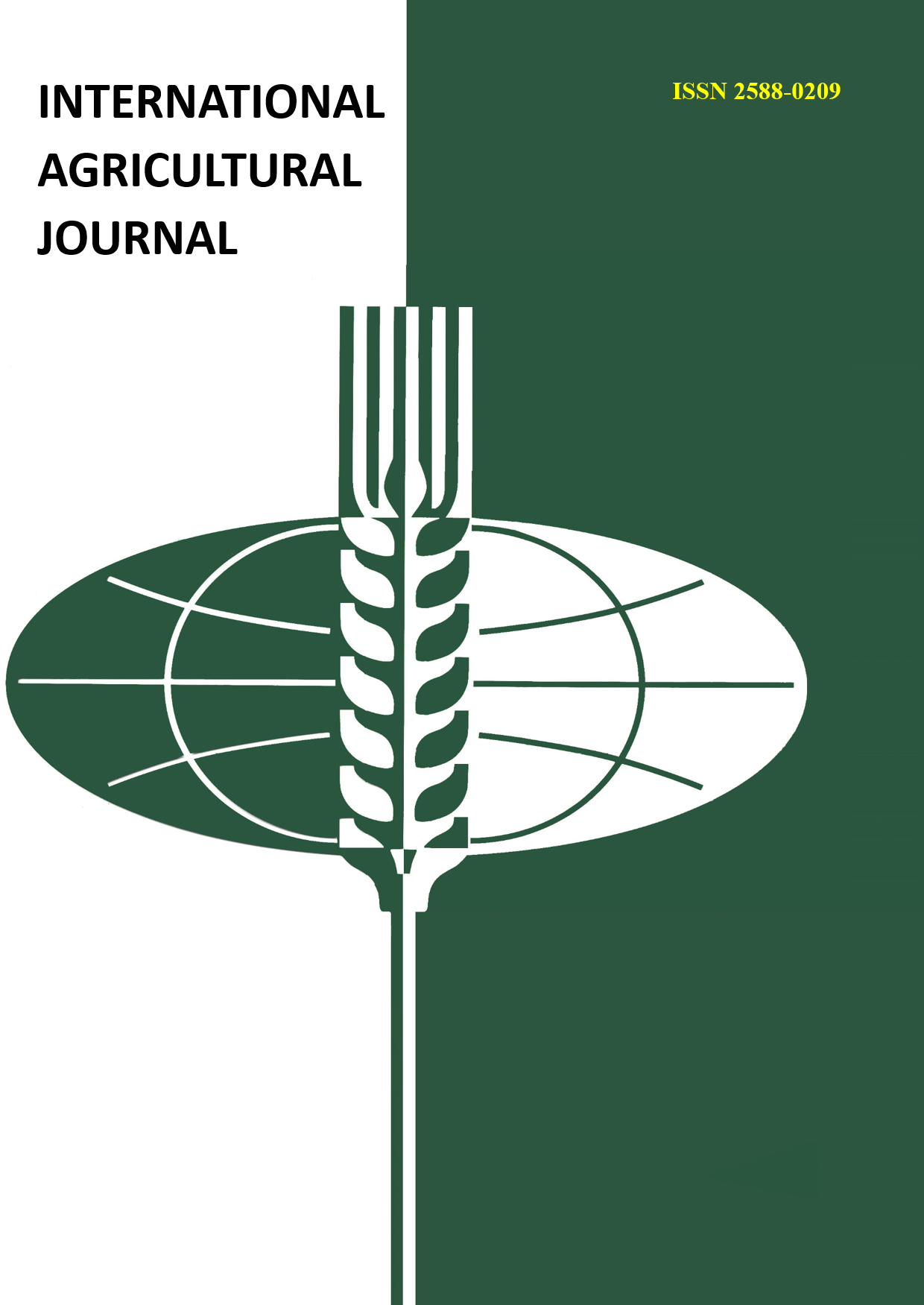The article is devoted to the issues of anthropogenic impact on the state of the protected area "Kravtsovo Lake". The research is devoted to the assessment of anthropogenic load on the state natural hydrological reserve "Kravtsovo Lake", located 9 km southwest of the city of Stavropol. In the course of the study, the physical-geographical and climatic characteristics of the reserve were considered. Based on the data of scientific articles, an analysis of the current ecological state of the lake and its changes over time was carried out. In the course of the study, scientific papers were reviewed and analyzed that used the following methods: microbiological analysis of algal flora, which includes: analysis of the species diversity of the microbiocenosis group, which was carried out on the basis of selected samples of microphytoplankton, microphytobenthos and microperiphyton; assessment of the trophic status of the studied lake (using the R. Carlson TSI index); analysis of the possible transfer of pollutants to the area of Lake Kravtsovo taking into account the wind rose; analysis of changes in the climatic characteristics of the territory of the Kravtsovo Lake reserve; analysis of changes in average monthly and annual temperatures in the 20th and 21st centuries; analysis of the dynamics of precipitation and snow cover in the 20th and 21st centuries. It is shown that the changes taking place are characterized by stability and long-term impact. Perhaps, in a few years, the lake will finally transform into a swamp. The analysis showed that the anthropogenic load on the reserve area is insignificant. There are no enterprises in the area of the lake, motor vehicle access is prohibited, fishing is allowed only on the southern shore of the lake.
vodoem, klimaticheskie izmeneniya, antropogennaya nagruzka, zagryaznyayuschie veschestva, evtrofikaciya, al'goflora, zakaznik














